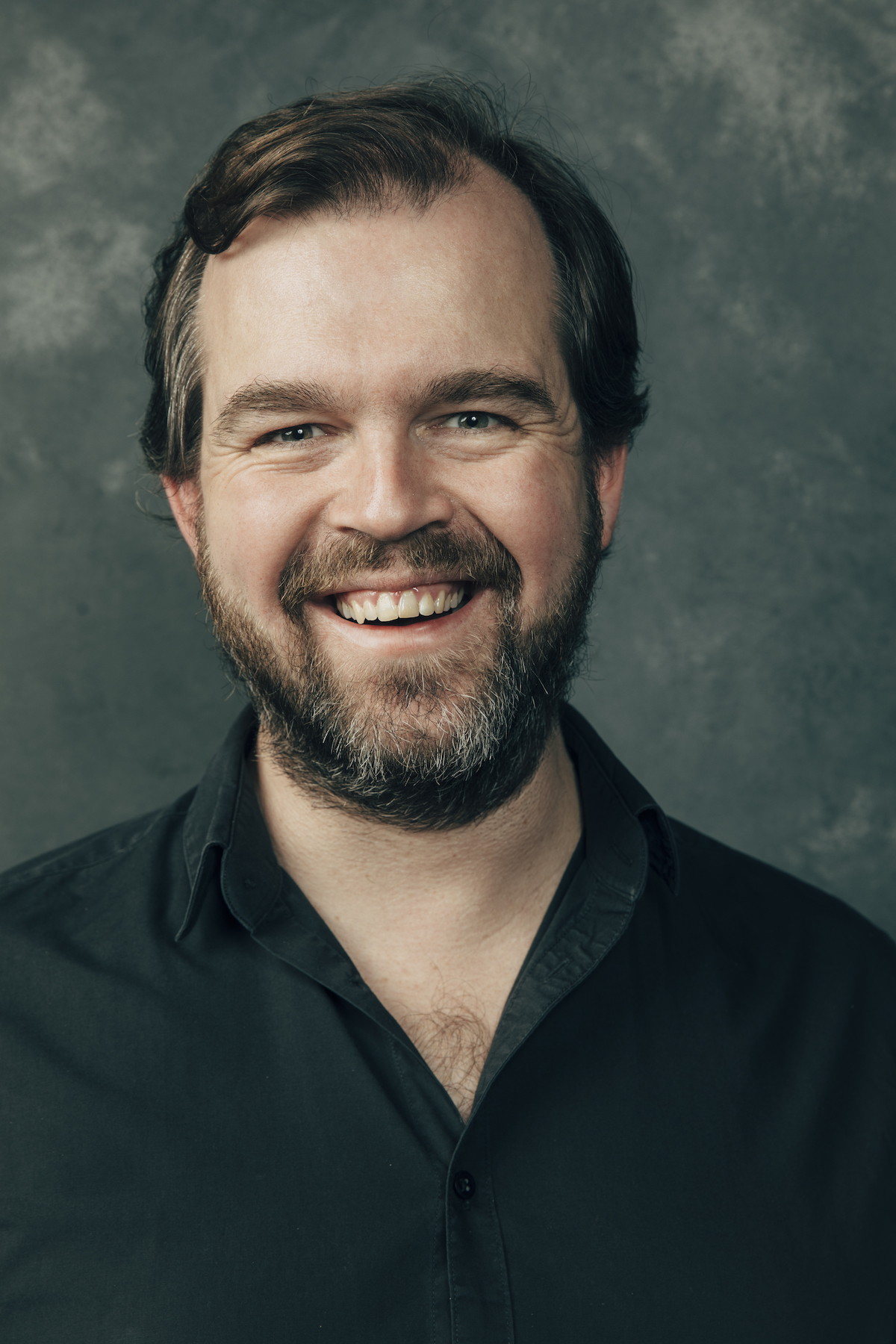Without humor, comedy is a big drag.
Nonetheless, operetta – the comical musical theater genre par excellence – became permeated with nostalgia after World War II. Sentiment would overtake works in which frivolity, vulgarity and caricature had once predominated. Eventually, operetta became too sweet for the jaws of time and disappeared from the professional cultural landscape.
The current slow comeback of the genre throughout Europe uncovers a hiatus in the oral transfer of knowledge regarding operetta performance practices, particularly in the way in which music can be used in a comical way.
Consequently, this doctoral research aims at increasing the insight into the humor techniques that are present in the musical score of an operetta, as well as in the interaction between music and libretto, to arrive at a compilation of possible practices for the purposes of operationalizing those humor techniques in the performance of operetta.
Three Belgian Belle Époque operettas represent the central case studies: Beulemans marie sa fille by Arthur Van Oost, La Part du Feu by Charles Mélant, and Une ruse de Pierrette by Eva Dell’Acqua.
Promotors
Frank Agsteribbe (KCA), Bart Eeckhout (UA) & Marlies De Munck (UA)





